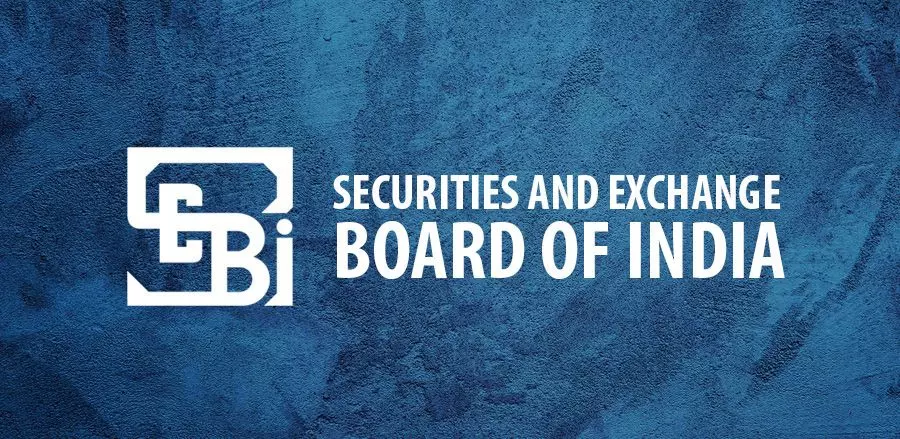Sebi comes out comprehensive guidelines for commodity exchange's Investor Protection Fund
On guidelines for an Investor Protection Fund (IPF), Sebi said that all stock exchanges need to set up an IPF, which will be administered through a separate Trust created for the purpose. The IPF Trust of the stock exchange will have a maximum of five trustees with a tenure of five years
image for illustrative purpose

New Delhi: Capital markets regulator Sebi on Thursday came out with comprehensive guidelines for Investor Protection Fund (IPF) for the commodity derivatives segment of stock exchanges. The guidelines have come after the regulator received representations from market participants with respect to propositions on ease of doing business in the commodity derivatives segment. The new guidelines will be effective from June 1, the Securities and Exchange Board of India (Sebi) said in a circular.
On guidelines for an Investor Protection Fund (IPF), Sebi said that all stock exchanges need to set up an IPF, which will be administered through a separate Trust created for the purpose. The IPF Trust of the stock exchange will have a maximum of five trustees with a tenure of five years. "The stock exchanges shall ensure that the funds in the IPF are well segregated from that of the exchange and that the IPF is immune from any liability of the stock exchange. Further, supervision of utilization of IPF and interest or income from IPF will rest with the IPF Trust," Sebi said.
The regulator specified certain contributions that would be credited to the IPF. This includes 1 per cent of turnover fee charged by the stock exchange from its trading members or Rs 10 lakh, whichever is higher, in a financial year; interest or income received out of any investments made from the IPF and all the penalties levied and collected by the stock exchange. On the manner of inviting claims from the investors, Sebi has asked the exchange to publish a notice inviting legitimate claimants to file claims against the defaulter trading member within a prescribed period of time called the 'specified period'.
The specified period for inviting legitimate claims against a defaulter-trading member, should not be less than one year from the date of declaration of default. The claims received against the defaulter-trading member during the specified period should be eligible for consideration for compensation from IPF. If any eligible claim arises within three years from the date of expiry of the specified period, such claim should be considered eligible for compensation from IPF, in case where the defaulter member's funds are inadequate.
Further, any claim received after three years from the date of expiry of the specified period, would be dealt with as a civil dispute. Sebi said that stock exchanges will fix suitable compensation limits for single investors, in consultation with IPF Trust and Sebi. IPF Trust will disburse the amount of compensation from IPF to the investors and such compensation shall not be more than the maximum amount fixed for a single claim of an investor. "The stock exchanges shall conduct a half-yearly review within one month from the end of March and September every year to ascertain the adequacy of the IPF corpus. In case the IPF corpus is found to be inadequate, the same shall be enhanced appropriately," Sebi said.
In a separate circular, the regulator has revised the eligibility criteria for the introduction of derivative contracts on commodities followed by all the stock exchanges. The regulator said that all proposals of the stock exchange for the launch of new contracts need to be accompanied by complete information. Stock exchanges are required to launch future contracts with contract specifications including the launch calendar as approved by Sebi. Further, contract specifications and contract launch calendar need to be notified well in advance to the market participants on the website of the bourse.

